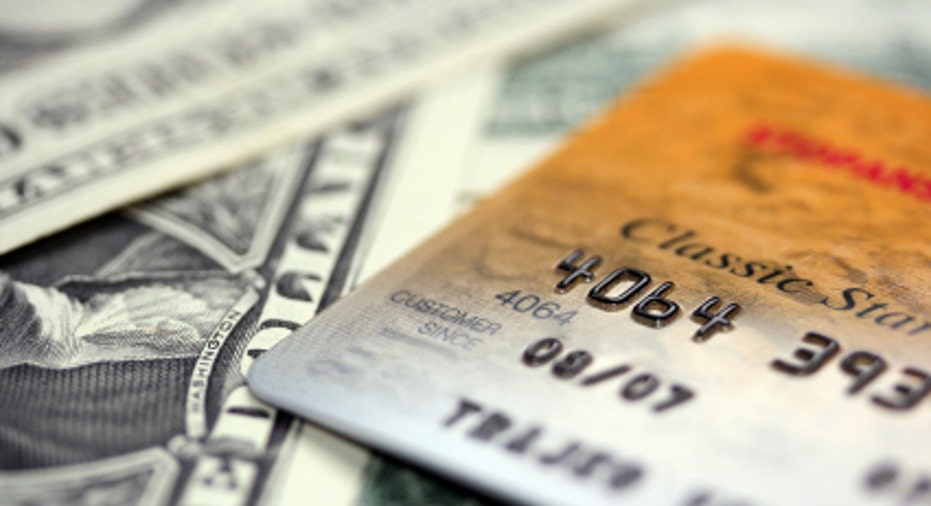How to Cope with Massive Family Credit Card Fraud

Dear Credit Care,
Several years ago, my husband's nephews took out several credit cards in my husband's name and mine. Three of the four were for the same company we had taken out a card with. I had been making payments on what I thought were our accounts, and my husband was also making payments. It turned out that we were paying on five different accounts. We paid off ours and two of the fraudulent ones. Another one was written off. The final one is in my name only.
Due to unemployment and heavy medical bills, I cannot pay the final one off. The amount with interest has escalated to over $17,000. Can they garnish my husband's paycheck?
- Penny
Dear Reader,
Wow, what a mess. First I want to point out for you and my readers that you do have the option to file a police report when accounts have been opened fraudulently in your name. I understand that you may not want to exercise that option when family members have committed the fraud, but keep in mind that it is an option. If the account is reported to the police as fraudulent (you would need to report the fraud as soon as it is discovered), you would no longer be held financially responsible for any charges on the account and your liability would be limited to $50 per account. It may even be less than that, as many issuers have zero-liability policies when it comes to fraud.
Next, be sure that you've closed all of the accounts, including those that you have already paid off, so that your nephews will not be able to access any of them and add to the balances. And while we are speaking of the nephews, it would be worth the effort to explain to them that what they did -- opening accounts in other person's names without their permission -- is illegal. Also, attempt to get a commitment from them to repay the principal balance plus interest and fees for the accounts they used. A formal written repayment agreement would be ideal.
It is unlikely that you have heard the last from the account that was written off. The original creditor may have chosen to charge off the debt as uncollectible for accounting purposes, but that does not mean that you no longer owe the balance of the account. It also does not mean, unfortunately, that interest charges and fees are no longer being added to the balance each month. What it almost certainly does mean, however, is that you have yet to hear from the collector who purchased or was hired to collect the debt.
So, you have two accounts that are unpaid, and you will want a plan for how you will handle them. You will need to communicate with your creditors and explain to them your current financial situation. If you are unsure how to proceed, you might consider contacting a nonprofit credit counseling organization for help. Your certified counselor will perform a thorough review of your finances and make recommendations for the best course of action for you. Your options may include a debt management plan, where your interest rates may be reduced and fees would end, or if no other options are workable with your current income, you may need to consider bankruptcy. You can find a qualified, nonprofit credit counseling agency through the National Foundation for Credit Counseling or the Association of Independent Consumer Credit Counseling Agencies.
If you receive notification from your creditor or a collector that you are being sued in court to collect what you owe on your account(s), be sure to follow the instructions in the letter. Either appear in court on the day specified or submit the requested documents to the court as instructed. If you are sued in court and the creditor wins, a judgment would be issued for the amount you owe. Depending on which state you live in, with a judgment, the creditor could petition the court for a garnishment order for wages or bank accounts. Regarding the account in your name only, the creditor would only be allowed to garnish your wages -- unemployment benefits are typically not eligible for garnishment -- or any bank account in your name. Should you and your husband have a joint checking account, the funds in that account could be garnished.
It would be best to avoid a suit in court if possible. I recommend that you do whatever is necessary to work out a solution before things progress to that point.
Handle your credit with care!



















